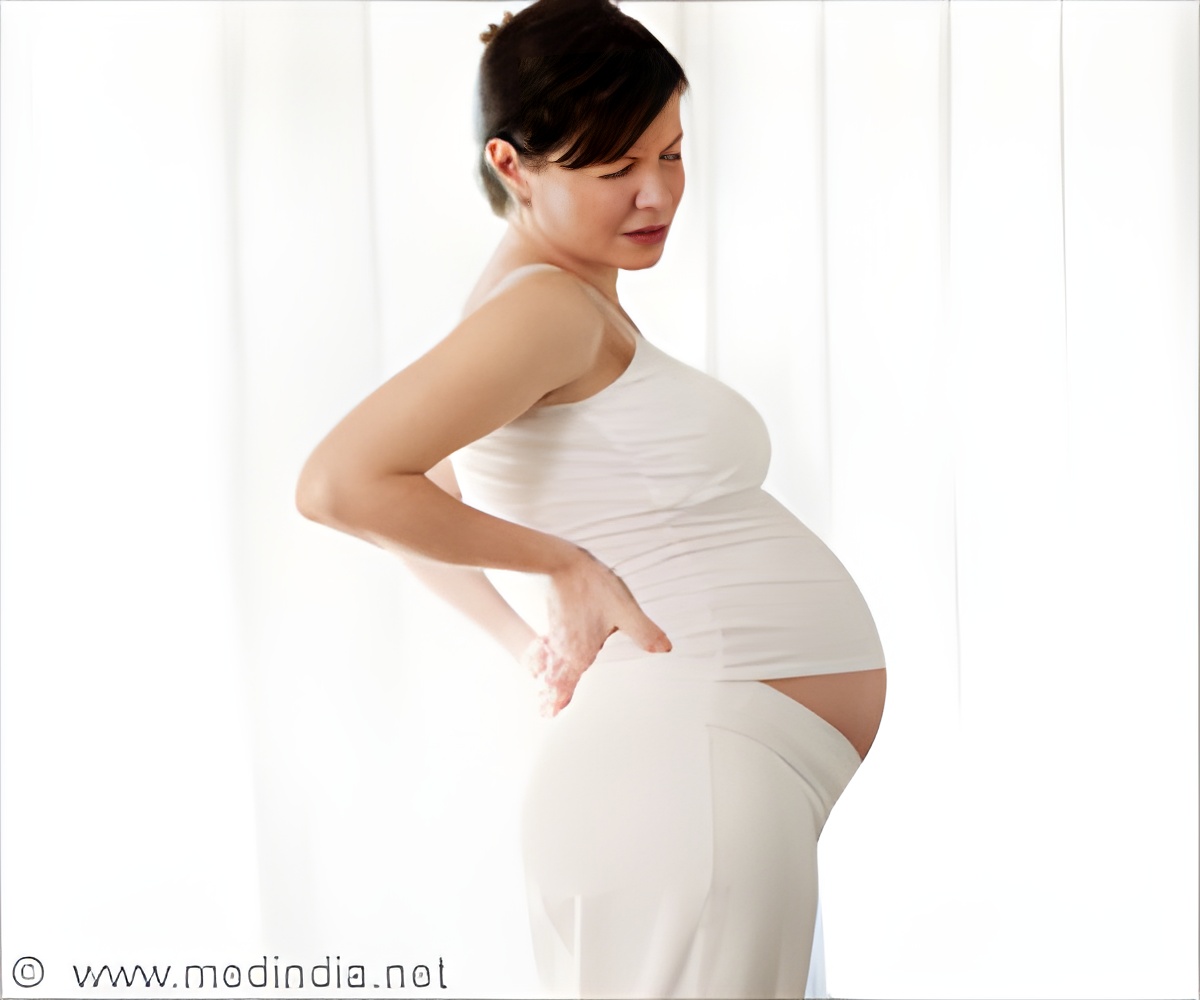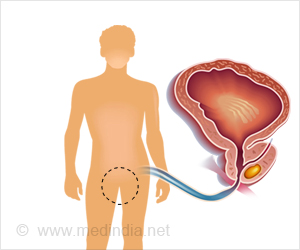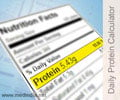Protein Deficiency during Pregnancy: Eating a low-protein diet during pregnancy may increase the risks of liver damage in moms, reveals a new study.

‘Expecting moms who eat a low-protein diet during pregnancy are more likely to have fat accumulation in the liver and an increased risk of liver damage.’
Read More..




Previous research in rats has shown that protein deficiency during pregnancy leads to lower gestational weight gain in the mother and stunted growth in male offspring. However, less is known about the effects of low dietary protein on maternal postpartum physiology and health, particularly in humans. Read More..
Learning more may help “people be more cautious about what they eat during pregnancy,” wrote Yuan-Xiang Pan, PhD, corresponding author of the current study.
Pan’s research team from the University of Illinois at Urbana-Champaign studied a group of pregnant rats that were fed a low-protein diet throughout pregnancy and lactation. Compared with a control group that followed a standard diet, the low-protein group had liver enlargement as well as higher triglyceride and liver enzyme levels. These circumstances can negatively affect liver function and are risk factors associated with fatty liver disease.
The research team found that low protein in the diet activated a protein (LC3B)—and increased expression of its associated gene—involved in a process called autophagy. Autophagy is a process in which cells digest their unnecessary or dysfunctional parts. The activation of LC3B promotes the deterioration of another protein, called APOB. APOB transports cholesterol and triglycerides in the bloodstream. This combined process ultimately caused fats (lipids) to build up in the liver, which raised triglyceride levels.
In people, these phenomena can increase the risks of liver damage and non-alcoholic fatty liver disease. Learning more about the relationship between protein consumption and LC3B activation will provide insight into the genetic control of lipid accumulation in the liver.
Advertisement
Source-Newswise















